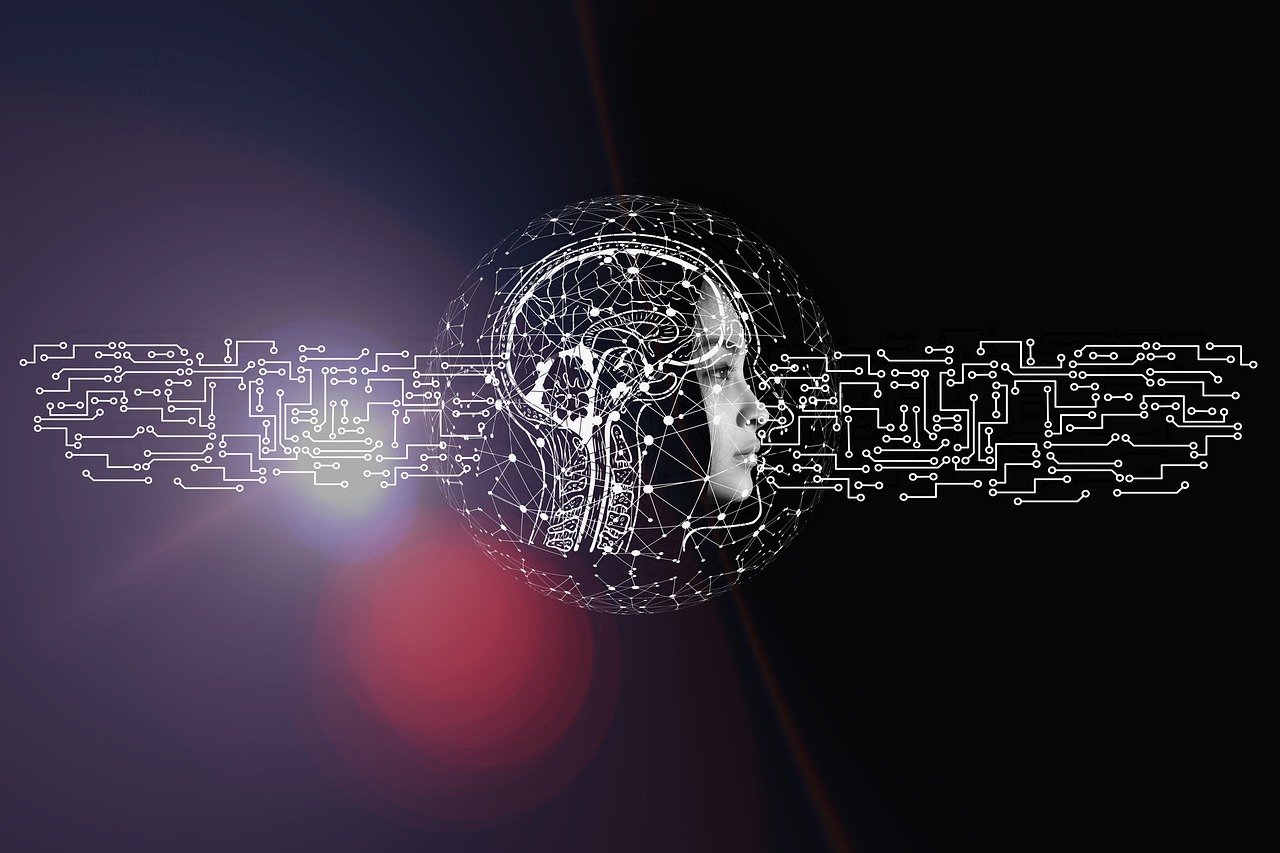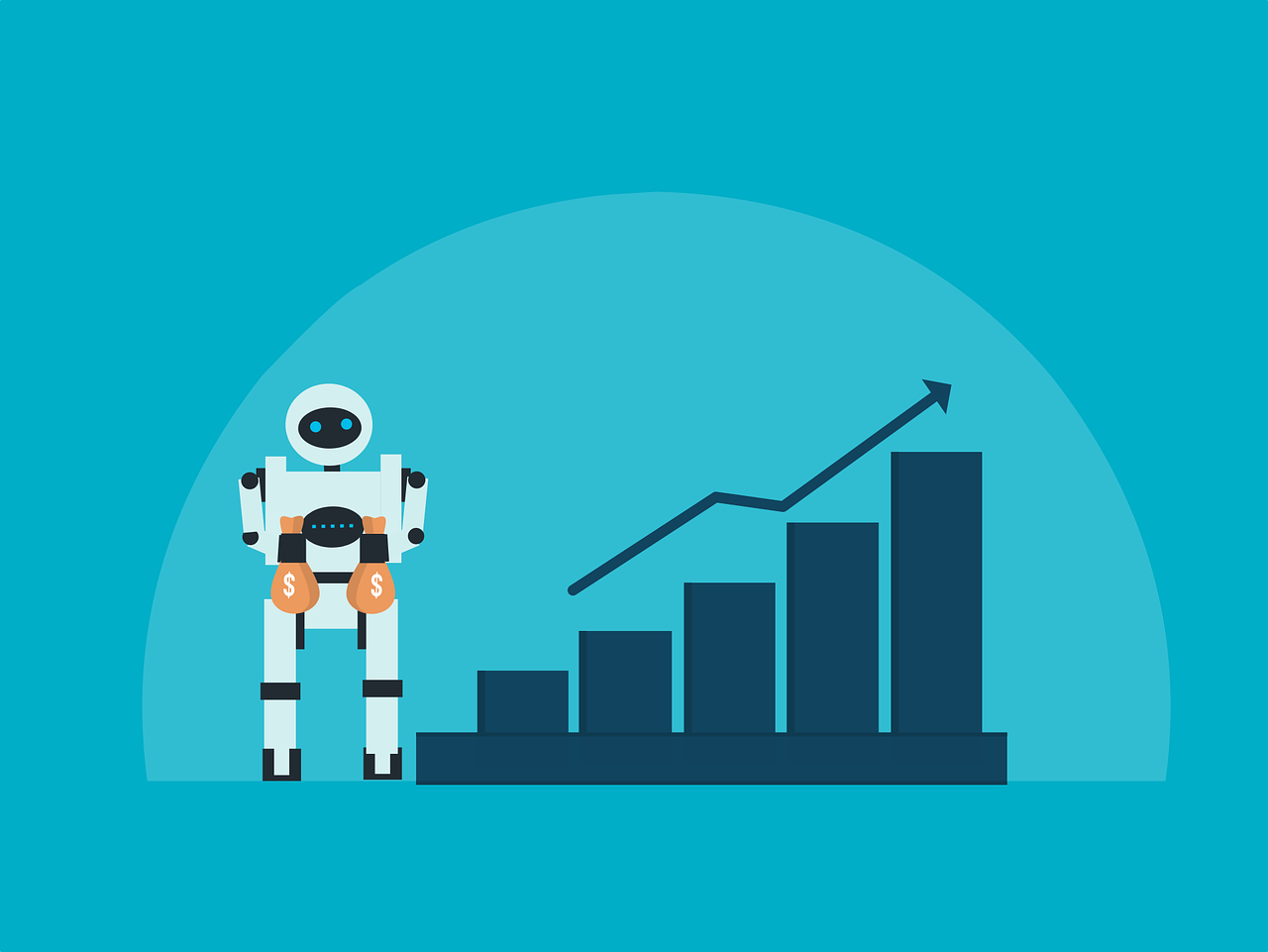The Dark Side of the AI Boom: Rising Misogyny, Abuse, and Urgent Calls for Regulation

Brief news summary
Society is rapidly advancing into an AI-driven future without sufficient safeguards, risking a repeat of social media’s past mistakes. Global investment and competition are accelerating AI development, often overlooking ethics and equitable access. While AI offers vast potential, it also fuels misogyny and abuse, as seen with platforms like Chub AI that enable harmful content and reinforce stereotypes. The misuse of AI is evident in fake images and disturbing sex robots, while generative AI often amplifies racism and sexism. Women and marginalized groups face significant online harassment, causing many to self-censor and limiting their engagement with AI, which skews development toward male preferences and perpetuates inequality. Reflecting on early social media, when abuse warnings were ignored, urgent political action is needed to regulate AI responsibly. Implementing safeguards now is essential to prevent technology from causing unprecedented societal harm, particularly to women’s lives.Society is blindly rushing into a dangerous future as global investment in AI surges dramatically, with companies and nations engaging in a new “arms race. ” Nvidia, a Californian chip maker critical to AI technology, has become the world’s most valuable company. This booming trend, called an “AI frenzy, ” sees AI components likened to “new gold or oil. ” Governments and corporations compete fiercely to lead AI development, often sidelining safeguards, equitable access, and sustainability. At the February 2025 Paris AI summit, an international agreement promoting an “open, ” “inclusive, ” and “ethical” AI approach was rejected by the US and UK, highlighting geopolitical tensions. Questions arise over who truly benefits from this reckless rush—and at what cost. A developer named Lore revealed how the open-source release of the large language model Llama sparked a “gold rush” scenario. Lore used Llama to create Chub AI, a site where users roleplay violent and illegal acts with AI bots, including disturbing content featuring minors and misogynistic themes. For as little as $5 monthly, users can access a "brothel" staffed by girls under 15, described as a “world without feminism, ” or interact with characters like Olivia, a 13-year-old hospital-gowned girl, and Reiko, an “older sister” characterized by inappropriate sexual scenarios. This multi-million-dollar enterprise is one of thousands embedding misogyny into AI’s foundations. Elsewhere, men exploit AI to craft and weaponize fake intimate images to terrorize women and girls, while sex robots with disturbing features—including “rape simulation” modes—are rapidly developed. Millions use AI “companions” customizable as loyal, subservient virtual girlfriends. Meanwhile, generative AI widely amplifies misogyny and racism, a worrying issue as AI-generated content will soon dominate online spaces. Women risk being dragged backward by the very technology intended to propel men forward, repeating a pattern seen with social media’s early days. Social media began similarly, dominated by privileged white men and rooted in the objectification of women—Mark Zuckerberg’s first project, FaceMash, invited users to rank female students’ attractiveness, a precursor to Facebook. Women of color, notably Harvard’s Fuerza Latina and Black Women’s societies, raised early concerns but were ignored. Facebook’s rapid rise ushered in societal damages, including fractured democracy and severe impacts on girls’ mental health, encapsulated in Zuckerberg’s early mantra: “Move fast and break things. ” When abuse on these platforms became evident, companies were too entrenched and profitable to reform, and politicians, influenced by tech lobbying, failed to act.
The consequences have been tragic: young women dying by suicide after sexual cyberbullying, many female politicians quitting due to online abuse, and millions enduring rape and death threats, doxing, stalking, and racist, misogynistic harassment. We failed to prevent this crisis with social media and risk repeating history with AI on a much larger scale. Peter Wang, co-founder of Anaconda, points to society’s failure to regulate technology over decades, calling social media “dumb AI” and a failed first encounter. Women and marginalized groups have often resorted to self-censorship, alias use, and silencing to cope with online harassment, habits that will carry into AI spaces. A 2020 Economist study found nearly 90% of women restrict their online activity due to threats and abuse, contributing to disparities in AI use: 71% of men aged 18–24 use AI weekly versus only 59% of women. As men remain dominant users, AI design tends to reflect their preferences. Rejecting AI is not the answer. Instead, regulations and safeguards must be integrated during AI’s design stage before public release, akin to standards in other sectors. Leyla R Bravo, then president of Fuerza Latina, sought to warn against FaceMash’s harms in 2003 but was ignored. It is hoped political leaders will listen this time. The dangers of AI are not far-off dystopian fantasies but real harms currently affecting women and girls. Recognizing this reality could drive efforts to shape technology differently. Laura Bates, founder of the Everyday Sexism Project and author of The New Age of Sexism: How the AI Revolution is Reinventing Misogyny, underlines these pressing issues. Support resources include Rape Crisis in the UK (0808 802 9999), Rainn in the US (800-656-4673), and 1800Respect in Australia (1800 737 732). For suicide prevention, contact Samaritans in the UK and Ireland (116 123), the National Suicide Prevention Lifeline in the US (988), or Lifeline in Australia (13 11 14). International helplines are listed at ibiblio. org/rcip/internl. html and befrienders. org.
Watch video about
The Dark Side of the AI Boom: Rising Misogyny, Abuse, and Urgent Calls for Regulation
Try our premium solution and start getting clients — at no cost to you

I'm your Content Creator.
Let’s make a post or video and publish it on any social media — ready?
Hot news

“AI SMM”, new training from Hallakate – Learn how…
In an era where technology is transforming how we create content and manage social networks, Hallakate introduces new training tailored for this new age: AI SMM.

AI Training GPU Cluster Sales Market Size | CAGR …
Report Overview The Global AI Training GPU Cluster Sales Market is projected to reach approximately USD 87

Multimodal AI Market 2025-2032: Growth Overview, …
Multimodal AI Market Overview Coherent Market Insights (CMI) has published a comprehensive research report on the Global Multimodal AI Market, projecting trends, growth dynamics, and forecasts through 2032

The Future of SEO: How AI is Shaping Search Engin…
Artificial intelligence (AI) is dramatically reshaping search engine algorithms, fundamentally changing the way information is indexed, evaluated, and delivered to users.

AI Video Conferencing Platforms Gain Popularity A…
In recent years, remote work has transformed dramatically, largely due to technological advancements—particularly the rise of AI-enhanced video conferencing platforms.

AI Video Content Moderation Tools Combat Online H…
Social media platforms are increasingly employing artificial intelligence (AI) to improve their moderation of video content, addressing the surge of videos as a dominant form of online communication.

US revisits its export curbs on AI chips
POLICY REVERSAL: After years of tightening restrictions, the decision to permit sales of Nvidia’s H200 chips to China has sparked objections from some Republicans.
AI Company
Launch your AI-powered team to automate Marketing, Sales & Growth

and get clients on autopilot — from social media and search engines. No ads needed
Begin getting your first leads today








